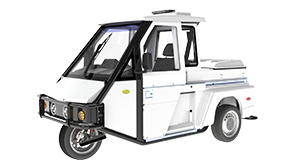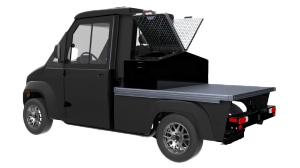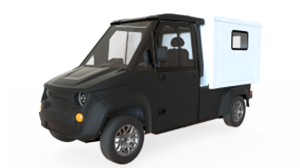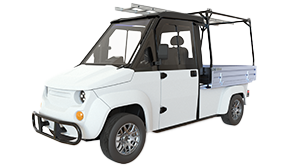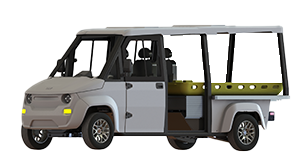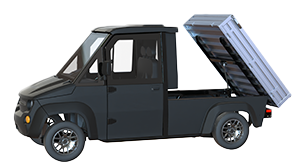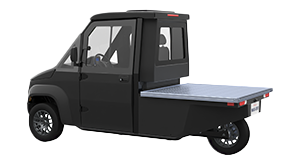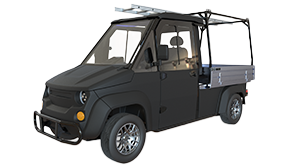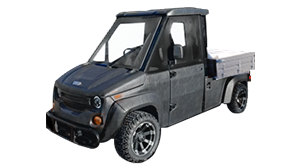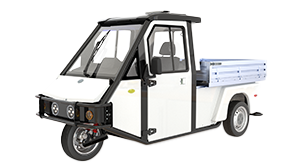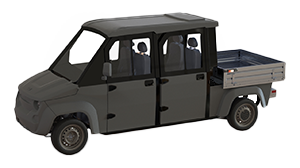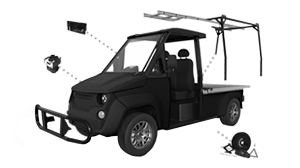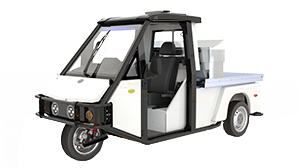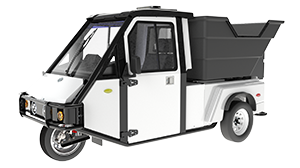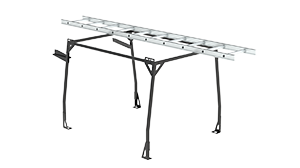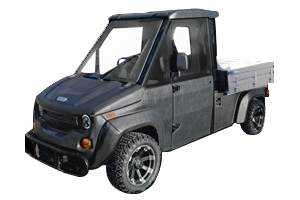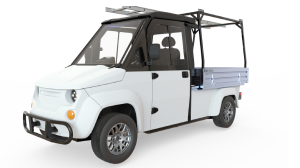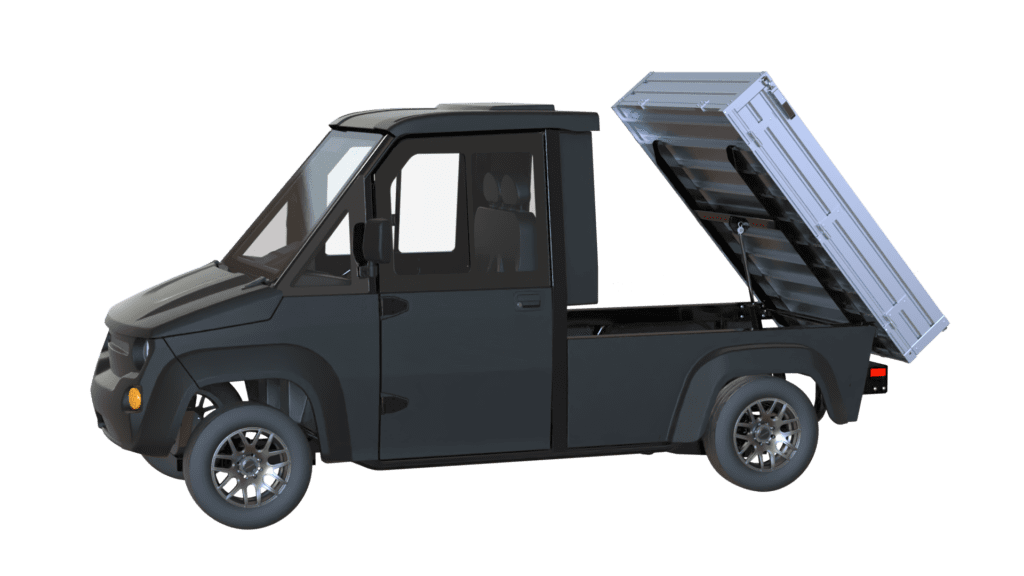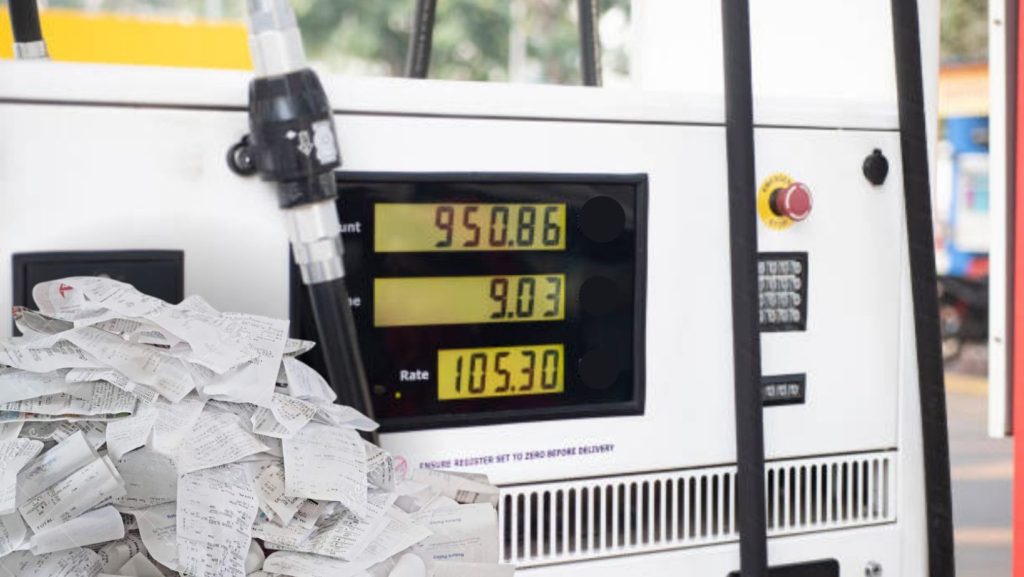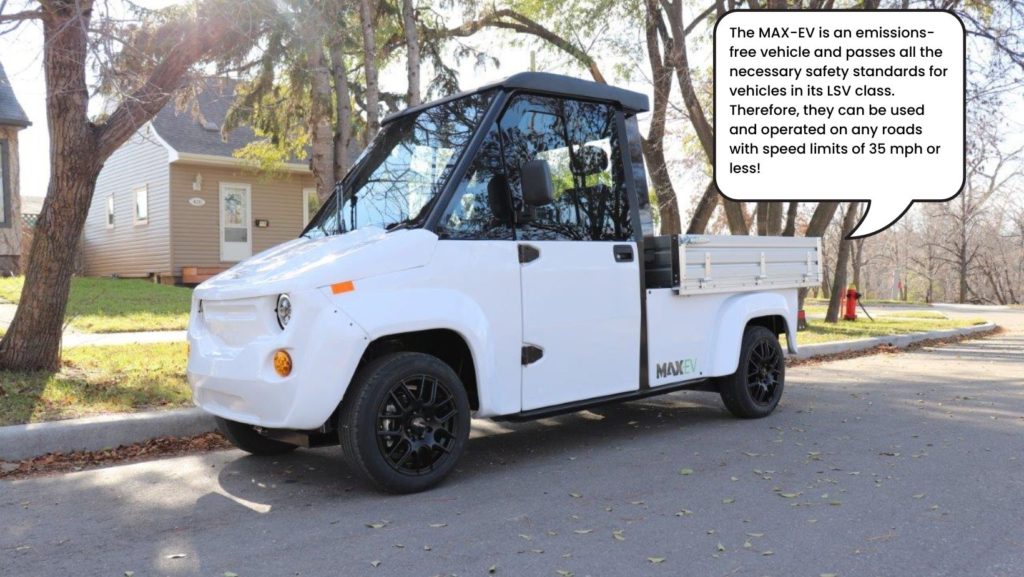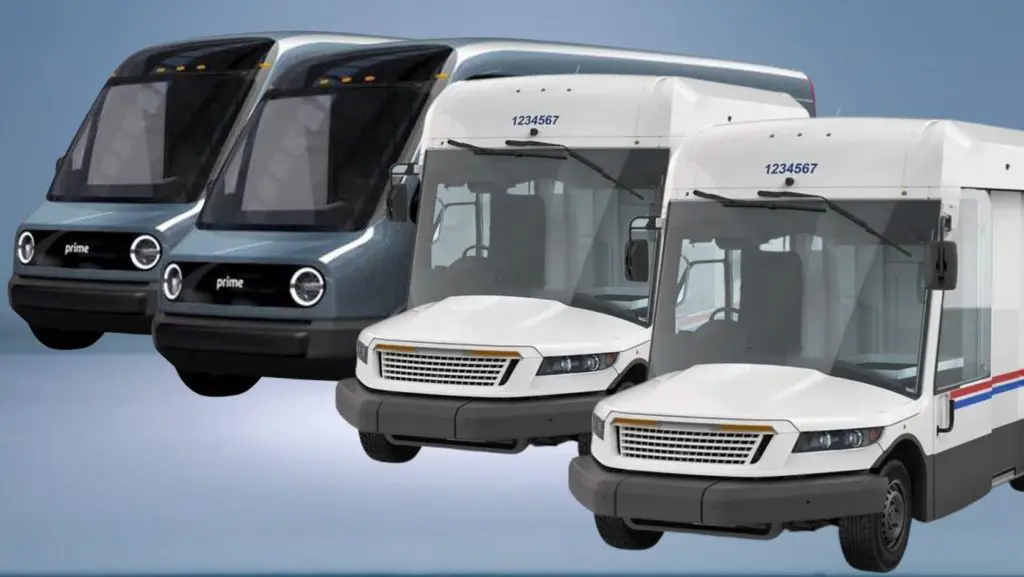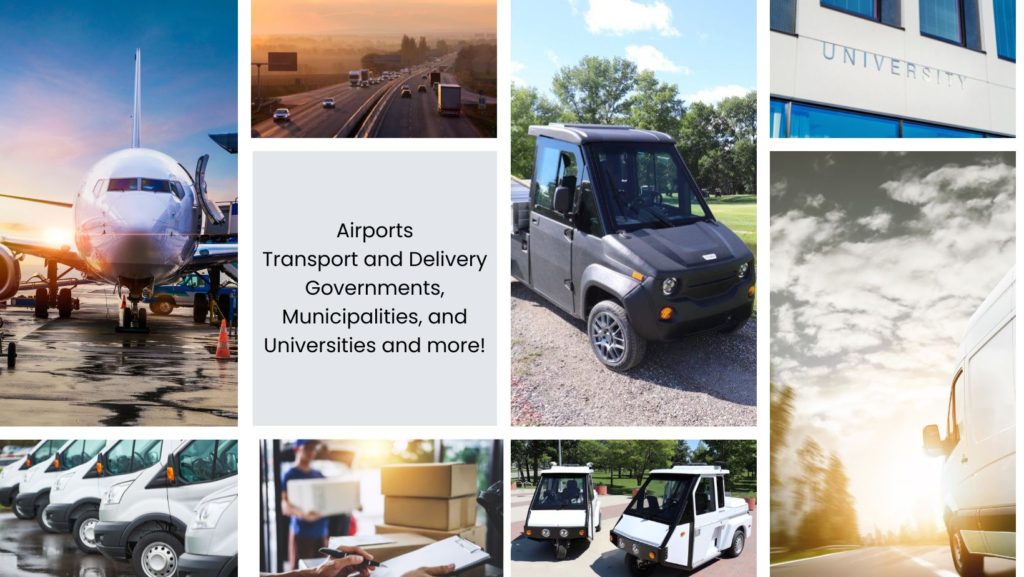Parking Enforcement
San Francisco, CAWith nearly 40,000 parking spaces to monitor, San Francisco Municipal Transit Agency (SFMTA) needed a vehicle that could withstand the high usage and short distance wear and tear impact that would typically limit their fleet’s lifespan.See Full Case StudyParking Enforcement
Santa Monica, CAThe population influxes drastically during the winter months, increasing parking management needs. Aspen needed a parking enforcement vehicle that delivered superior maneuverability to help decrease congestion.See Full Case StudyParking Enforcement
Aspen, COIn recent years, the GO-4 electric vehicle was tested in Santa Monica and passed all requirements for range and usage. Soon after, a total of 30 units were ordered and deployed.See Full Case StudyClient
TestimonialsWestward IndustriesAcross America; Municipalities, Police & Parking Departments, Waste & Sanitation, Universities are proud users.See All Testimonials
